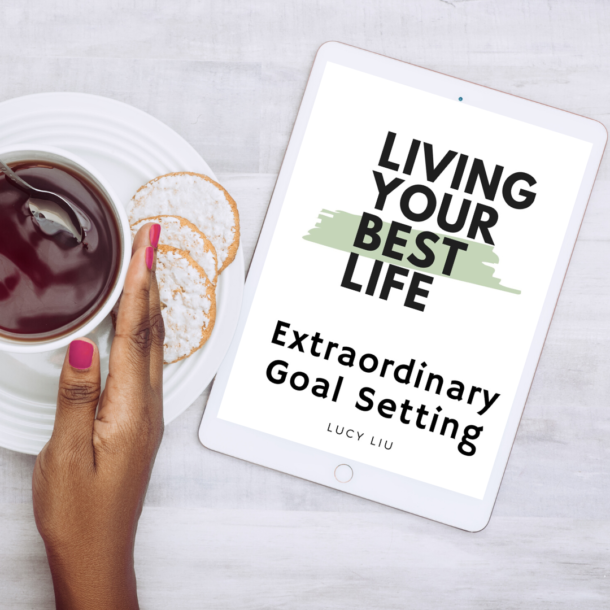Over-apologizing is a common symptom of people with low self-esteem, fear of conflict or fear of what others would think.
But, even powerful people sometimes temporarily forget their power and shrink to say sorry.
This episode is dedicated to those who say sorry way too much. Some general terms for someone who apologizes too much might be “over-apologizer,” “apology addict,” or “sorry-saurus.”
This goes hand in hand with poor boundaries, perhaps accepting blame for things we didn’t do or couldn’t control. Some people just constantly apologize for EVERYTHING, random things that obviously need no apology. It actually forces the other end of the conversation to always be saying, ‘No, not at all, it’s ok”. Well some people at first might be impressed wi th the grace and good manners, but after too much of the “I’m sorrys” it’s just too much.
So one of the top reasons we use apologetic language is because it feels more polite. Although all genders are encouraged at a young age to have good manners, a heavier emphasis on this value is often placed on girls’ ability to be nice, polite, and compliant. There’s nothing wrong with being polite—if the situation calls for it. But for most situations in life, you actually don’t need to apologize.
Over-apologizing can be a difficult habit to break, but with some practice, it is totally possible to stop this behavior. Here are some tips that can help you stop over-apologizing:
- Always start with awareness: Be aware of your apologies. The first step to stopping over-apologizing is to become aware of when and why you are doing it. Notice the situations that trigger your apologies and the frequency with which you apologize.
- Practice mindfulness: Mindfulness practices can help you become more aware of your thoughts and emotions. This can help you catch yourself when you are about to over-apologize and allow you to choose a more appropriate response.
- Understand the impact of over-apologizing: Over-apologizing can diminish the impact of a genuine apology and make you seem less confident. It can also undermine your authority and make others feel uncomfortable.
- Practice self-compassion: Sometimes, over-apologizing is a result of low self-esteem. Practicing self-compassion can help you develop a more positive relationship with yourself, which can, in turn, reduce the need to apologize excessively.
- Learn to accept compliments: Sometimes, over-apologizing can be a way of deflecting compliments or attention. Practice accepting compliments graciously, without the need to apologize or downplay your own accomplishments.
- Use “thank you” instead: Instead of apologizing for something that is not your fault or is a minor issue, try saying “thank you” instead. For example, if someone is waiting for you and you arrive late, instead of saying “I’m sorry I’m late,” say “Thank you for waiting for me.” This will show appreciation rather than focusing on your perceived fault.
By becoming aware of your apologies, understanding the impact of over-apologizing, and practicing mindfulness and self-compassion, you can break the habit of over-apologizing and become more confident in your interactions with others.






 Lucy Liu is a master life coach helping women uplevel in business and life to confidently live an epic life! She is an unshakable optimist, wife, mom, entrepreneur, workshop facilitator, motivational speaker, best selling author and podcast host of The Lucy Liu Show.
Entrepreneurs & high achievers hire her to see clarity and take quantum leaps FAST. Because most of them are overthinking, scattered and self-doubting. She's best at helping you get unstuck, make faster decisions and fulfill higher potential. Bottom line: not only make more money and impact, but have more fun and live an EPIC life by design.
She has been featured in Medium, VoyageLA, Elephant Journal, ThriveGlobal, South China Morning Post and dozens of other media outlets.
Lucy Liu is a master life coach helping women uplevel in business and life to confidently live an epic life! She is an unshakable optimist, wife, mom, entrepreneur, workshop facilitator, motivational speaker, best selling author and podcast host of The Lucy Liu Show.
Entrepreneurs & high achievers hire her to see clarity and take quantum leaps FAST. Because most of them are overthinking, scattered and self-doubting. She's best at helping you get unstuck, make faster decisions and fulfill higher potential. Bottom line: not only make more money and impact, but have more fun and live an EPIC life by design.
She has been featured in Medium, VoyageLA, Elephant Journal, ThriveGlobal, South China Morning Post and dozens of other media outlets. 


